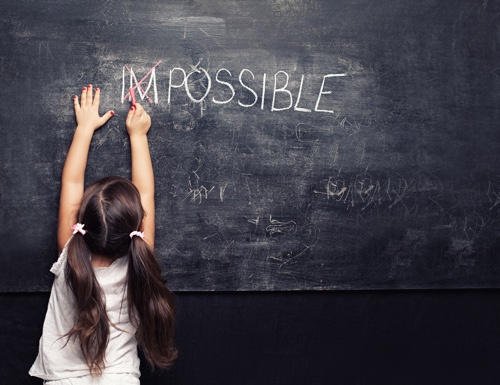Personal Productivity
Effectiveness is a Matter of Habit
AUTHOR: Francisco Sáez"First we make our habits, then our habits make us." ~ Charles C. Noble

I believe that one of the main reasons why many people aren’t well organized and live overwhelmed by the pressure of their work and personal tasks is that they fail to establish the necessary habits to calmly keep everything under control.
Consistently, and often unconsciously, our habits shape our everyday behavior, and our response to any situation. Ultimately, it’s our habits that define our character and end up directing our lives in some way.
Are you able to manage your daily commitments while keeping calm? Are you an efficient person when carrying out your tasks? Are you an effective person? Or is your organization somewhat chaotic and you are just doing what you can? In this case, you should be aware that you need to think or do things differently to improve certain aspects of your life. There are a multitude of external factors that you can blame, but things will remain the same until you accept that you must change some habits. The problem is only yours and isn’t transferable.
The good news is that habits can be learned—and also unlearned—. The bad news is that it’s not easy. We are creatures of habit. Changing our natural tendency to procrastinate or get carried away by urgent situations takes more than a few small changes in our lives. To change habits, to acquire a new habit that will benefit you or to eliminate one that’s hurting you, is a relatively long and heavy process that requires absolute dedication and, above all, a superior motivation.
When you start trying to establish a new habit, you find enormous inner resistance to doing things differently. Your brain rebels and, over and over again, tries to take you back the old way. It is this natural force that’s currently preventing you from achieving the accomplishments you desire. At all times, you must keep in mind that the long-term reward will translate into more control and less stress and is therefore worth it.
To create habits it’s good to set up routines and mark activities in your calendar that force you to do actions related to the habit you are trying to build. It’s easier to do something you’ve decided in advance to do at 10 a.m. than to do something you haven’t assigned a specific time (you’ll probably end up not doing it). Cross it off or mark it with an X when it’s done to reinforce the feeling of progress. Persevere, it’s just a matter of time.
If you understand how habits work, over time you can create a set of good habits that lead you to do what you really want to do. Habits are generated by repetition, as they are basically the natural inertia to keep doing what you have “always” been doing.
For Stephen Covey, author of The 7 Habits of Highly Effective People, a habit is the intersection of knowledge (what you should do and why), skill (how you should do it) and desire (the internal motivation that drives you to wanting to do it). You need to have knowledge, skill and desire to turn something into a habit, and thus reach new levels of effectiveness.
There are many methods, tools and technological advances that will help you improve your personal productivity, but they will only work if you manage to establish the necessary habits. If you are starting to implement GTD (Getting Things Done), before indiscriminately trying each and every one of the existing applications, worry about correctly acquiring the three habits needed to make it work:
- Get used to write down everything that concerns you,
- get used to make decisions about everything that concerns you and
- get used to review your lists frequently.
Then, find the tool that allows you to execute those habits as easily and efficiently as possible.





No comments